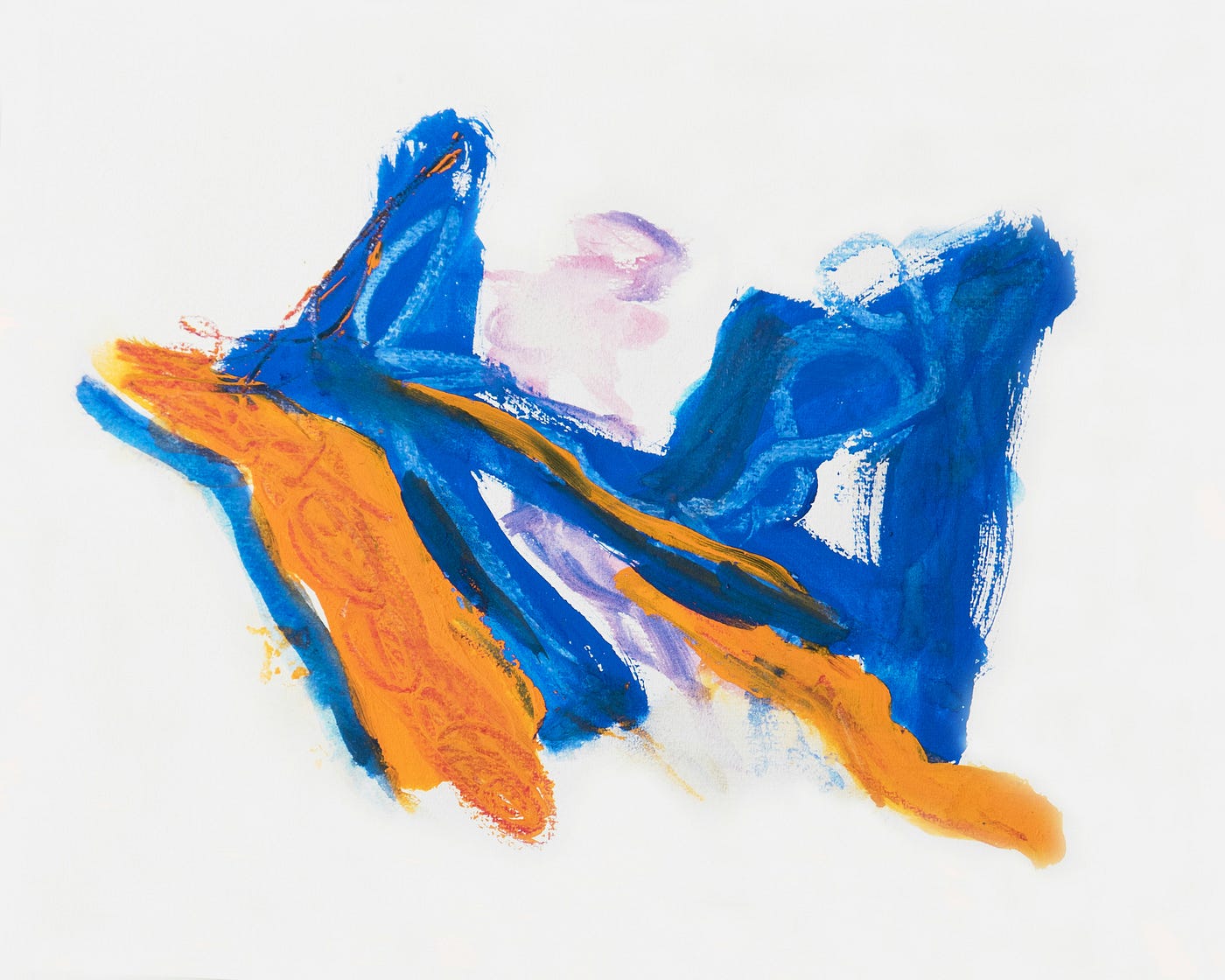
AI-Generated Artwork Granted Copyright Protection
Invoke, a generative AI platform, has secured the first copyright protections for an AI-generated image since the U.S. Copyright Office issued new guidelines last month. These guidelines state that artwork created using text prompts is not eligible for copyright protection. Invoke’s success in obtaining copyright for an AI image represents a notable exception to this rule, potentially setting a precedent for AI-generated art and intellectual property rights.
The Copyright Office’s ruling was based on existing laws that offer limited protections for AI-generated work. However, they acknowledged that various levels of human-AI collaboration can exist, suggesting there’s a point at which AI-created art could be classified as human-made. The agency concluded that determining this threshold would be case-by-case, recognizing the complexity involved in assessing the creative process behind AI-assisted artworks.
Court Sides with Creators in Landmark AI Copyright Case
Thomson Reuters has secured a key legal decision from the U.S. District Court in Delaware in its case against Ross Intelligence. The lawsuit, filed in 2020, accused the AI startup of using data from Thomson Reuters’ Westlaw to create a competing legal search engine. This ruling is expected to set a precedent for future cases involving intellectual property and machine learning. Several ongoing lawsuits could be influenced by this outcome, including a photographer’s case against Google for allegedly using copyrighted images to train its AI image generator, Imagen. Getty Images’ $1.7 billion lawsuit against Stability AI and a group of artists suing four AI image generator companies are also notable cases.
Legal Frameworks for AI-Created Intellectual Property
On September 19, 2024, the U.S. Court of Appeals for the D.C. Circuit reviewed arguments in Thaler v. Perlmutter, challenging a 2023 ruling by Judge Beryl Howell. Stephen Thaler applied for copyright registration for “A Recent Entrance to Paradise,” an image generated autonomously by his AI system. He claimed the AI should be recognized as the author, but the U.S. Copyright Office rejected the application, asserting copyright law exclusively safeguards works of human origin. Thaler contested this, arguing that the statute contains no explicit human authorship mandate. The district court upheld the Copyright Office’s position, stressing human creativity’s foundational role in copyright. It cited Burrow-Giles Lithographic Co. v. Sarony (1884), where the Supreme Court affirmed copyright for photographs based on human creative choices like composition and lighting. The court concluded that copyright requires human involvement, whereas Thaler’s AI operated independently without such creative direction.
The Copyright Office’s interpretation of human authorship of AI models is specific. They assert that copyright protection extends to original expressions created by humans, even when AI-generated content is included. However, purely AI-generated material or content with insufficient human control over expressive elements is not eligible for copyright protection. The determination of whether human interaction with an AI model constitutes authorship should be evaluated individually for each case. Importantly, the Copyright Office emphasizes that “prompts do not alone provide sufficient control” to establish human authorship.
Netflix Faces Criticism for AI Voice Recreation in Petito Documentary
The Netflix documentary series “American Murder: Gabby Petito” has drawn criticism from some viewers who question the ethical implications of using artificial intelligence to recreate Petito’s voice. The three-part documentary series tells Petito’s story through interviews with her loved ones, photographs, video clips, maps, and excerpts from her writings. At the beginning of the first episode, viewers are informed through a disclaimer that AI technology was used to vocalize Petito’s journal entries and text messages. The notice states that these personal writings were “brought to life in this series in her own voice, using voice recreation technology.” This decision to artificially recreate Petito’s voice has raised concerns about the appropriate use of AI in documentaries. The case of Gabby Petito captured national attention in September 2021. The 22-year-old’s disappearance prompted a widespread search by authorities after she had shared her cross-country journey with her fiancé, Brian Laundrie, on various social media platforms.
The use of AI technology to recreate voices in documentaries has been controversial, particularly when applied to deceased individuals. This was highlighted in 2021 with the release of “Roadrunner: A Film About Anthony Bourdain.” Director Morgan Neville used AI technology to recreate Bourdain’s voice, bringing his written notes to life. This decision sparked debate among fans of the late food host, who passed away in 2018. Neville revealed to The New Yorker that he had used a software company to create an “AI model” of Bourdain’s voice, adding that audiences likely couldn’t distinguish which lines were AI-generated.
Storyfile Emerges from Chapter 11
AI conversational video platform StoryFile has emerged from Chapter 11 bankruptcy after Key 7 Investment Company acquired its assets. The new investment and leadership are set to drive the launch of new products and a brand refresh in the coming months. StoryFile, founded in 2022, made headlines with its ‘holographic conversational video experience’ that allowed funeral attendees to converse with a digital representation of a deceased Holocaust survivor. I have written extensively about StoryFile. The acquisition paves the way for new projects, with StoryFile planning to expand its interactive AI technology into museums and educational institutions.
Ginger Liu is the founder of Hollywood’s Ginger Media & Entertainment, a researcher in artificial intelligence and visual arts media, and an entrepreneur, author, writer, artist, photographer, and filmmaker. Listen to the Podcast — The Digital Afterlife of Grief.




